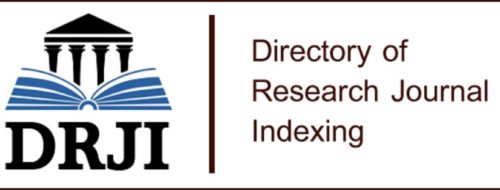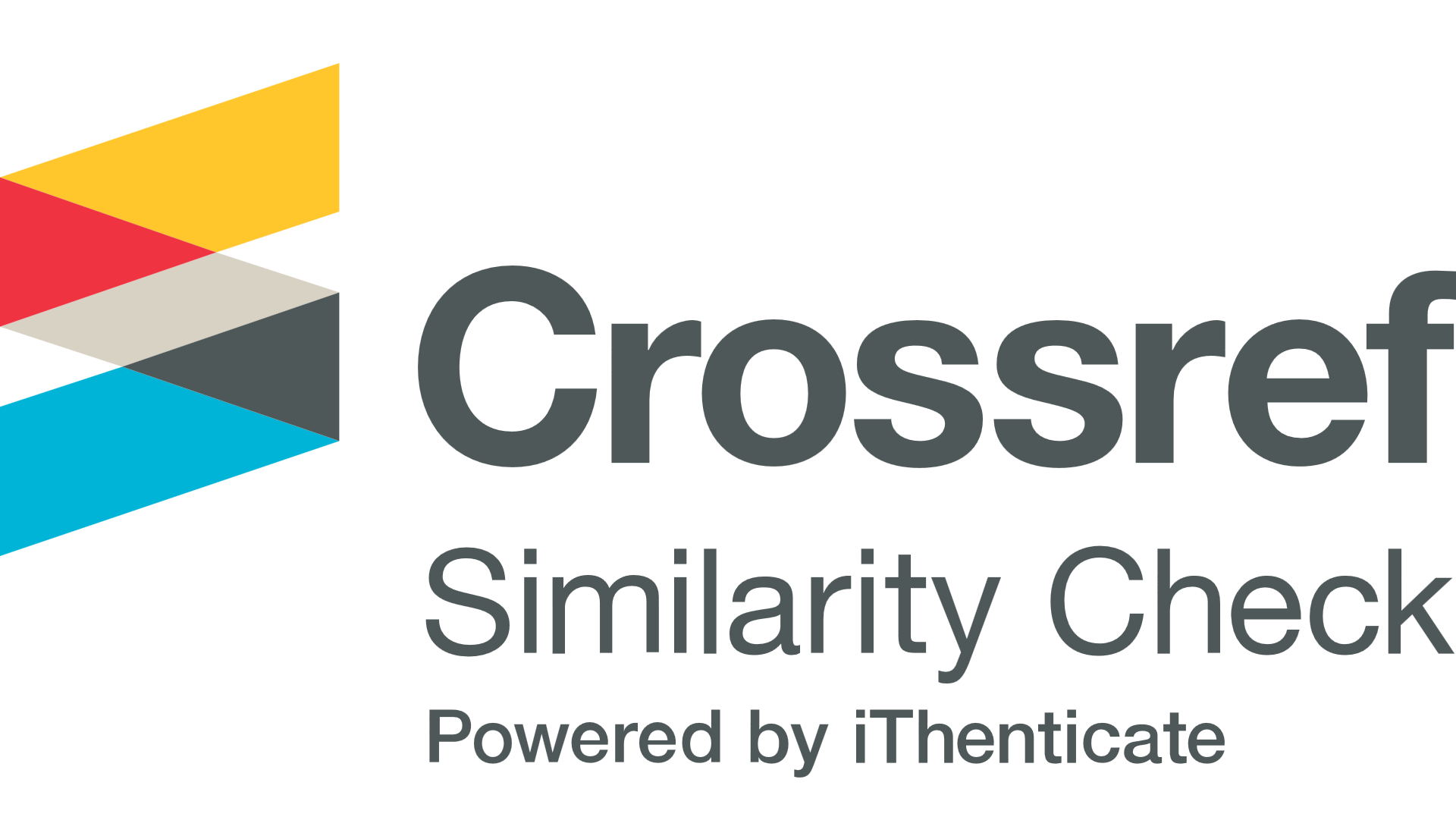Results of the anaerobic digestion procedure for the treatment of urban solid waste in Ecuador
Investigation article
Keywords:
Solid urban waste, anaerobic digestion, separate phases, Life cycle analysisAbstract
The control and stabilization problems of conventional anaerobic digestion systems have led to new technological solutions, among them phase separation, which allows the optimization of acidogenesis and methanogenesis separately. The first phase has been little studied and in this phase hydrogen and volatile fatty acids are obtained by fermentation, the applications of which make the acidogenic fermentation process become important and a field of study; presenting itself as a platform that consolidates the biorefinery concept instead of a conventional treatment stage. This work aims to present the results of the anaerobic digestion process of urban solid waste in Manta, Ecuador. From the characterization results, which provide the per capita generation and show that the organic fraction predominates in the composition, the study of the use of said fraction by anaerobic digestion is justified.
Keywords: Solid urban waste; anaerobic digestion; separate phases; Life cycle analysis.
References
Agrela, F., Cabrera, M., Martín M., Zamorano, M., Alshaaer, M. 2019. Biomass fly ash and biomass bottom ash. New Trends in Eco-efficient and Recycled Concrete. Disponible en: https://doi.org/10.1016/B978-0-08-102480-5.00002-6.
Angeriz, R. 2018. Producción de bio-hidrógeno por co-digestión anaerobia acidogénica de residuos sólidos urbanos, residuos alimentarios de cocina y lodos de depuradora. Trabajo de tesis. Ciencias tecnológicas, Ingeniería y tecnología del medio ambiente. Universidad de Cádiz. España. 2018.
APHA, "Standard methods for the examination of water and wastewater". American Public Health Association, American Water Works Association, Water Environment Federation. 21st edition, ISBN-13:978-0875530475. Public Health Association, Washington, USA, 2005.
Arena U., Mastellone M.L. y Perugini F. (2003). Life Cycle Assessment of a plastic packaging recycling system. Int. J. Life Cycle Assess. 8 (2), 92-98. DOI: 10.1007/BF02978432.
Barradas, A. 2009. Gestión Integral de Residuos Sólidos Municipales. Estado del Arte. Veracruz, México: Instituto Tecnológico de Minatitlán. Extracto de la tesis de Doctor en Ciencias en Ingeniería Ambiental del autor, por la Universidad Politécnica de Madrid, pp. 4-9.
Bentsen, N.S. 2019. Biomass for Biorefineries: Availability and Costs. Biorefinery, pp 37-47. Disponible en: https://doi.org/10.1007/978-3-030-10961-5_2.
BIOPLAT y SusChem-España (Plataformas Tecnológicas Españolas de Biomasa para la Bioeconomía y de Química Sostenible). 2017. Manual sobre las Biorrefinerías en España. http://www.bioplat.org/setup/upload/modules_docs/content_URI_4020.pdf.
Bovea, M., Cruz, S., Mercante, I., Coutinho, C., Eljaiek, M., Ibáñez, V. 2016. Aplicación de la metodología de ACV para evaluar el desempeño ambiental de sistemas de gestión de residuos en Iberoamérica., Revista Internacional de Contaminación Ambiental, Vol. 32, No. Especial Residuos Sólidos, 2016, pp. 23-46. DOI: 10.20937/RICA.2016.32.05.03.
Castellanos, S. 2017. Análisis de Ciclo de Vida para los biorresiduos sólidos urbanos generados en Bogotá D.C, Colombia. Trabajo final para optar al título de Magister en Ingeniería Ambiental. Departamento de Ingeniería Química y Ambiental. Universidad Nacional de Colombia. Bogotá D.C, Colombia 2017.
Chandra, R., Iqbal, H.M., Vishal, G., Lee, H.S., Nagra, S. 2019. Algal Biorefinery: A Sustainable Approach to Valorize Algal-based Biomass towards Multiple Product Recovery. Bioresource technology, Vol. 278, pp 346-359.
Cherubini, F. & Strømman, A.H. 2011. Life cycle assessment of bioenergy systems: State of the art and future challenges. Bioresource Technology, 102, 437-451.
De Jong, E. & Jungmeier, G. 2015. Chapter 1 - Biorefinery Concepts in Comparison to Petrochemical Refineries. In: Pandey, A., Höfer, R., Taherzadeh, M., Nampoothiri, K. M. & Larroche, C. (eds.) Industrial Biorefineries & White Biotechnology. Amsterdam: Elsevier.
EEscamilla-Alvarado, C.; Ríos-Leal, E.; Ponce-Noyola, M.T.; Poggi-Varaldo, H.M. (2012a). Gas biofuels from solid substrate hydrogenogenic-methanogenic fermentation of the organic fraction of municipal solid waste. Process Biochemiestry 47: 1572–1587.
Escalona, E. 2014. Daños a la salud por mala disposición de residuales sólidos y líquidos en Dili, Timor Leste. Revista Cubana de Higiene y Epidemiología, vol. 52, núm. 2, mayo-agosto, 2014, pp. 270-277.
Escamilla-Alvarado, C.; Poggi-Varaldo, H.; Ponce-Noyola, M.T. 2011. Producción de hidrógeno y metano como biocombustibles bajo el esquema de biorrefinería. Rev. Ide@ s CONACYTEG, Vol. 6, No. 71, Pág. 526-539.
Hoornweg, D. y Bhada-Tata, P. 2012. What a waste. A Global Review of Solid Waste Management. Washington: World Bank. Urban Development Series, March 2012, No. 15. http://www.prepare-net.com/sites/default/files/what_a_waste2012_final.pdf.
Ivanov, V., Stabnikov, V., Ahmed, Z., Dobrenko, S. & Saliuk, A. 2015. Production and applications of crude polyhydroxyalkanoate-containing bioplastic from the organic fraction of municipal solid waste. International Journal of Environmental Science and Technology, 12, 725-738.
Jaramillo, G. y Zapata, L. 2008. Aprovechamiento de los residuos sólidos orgánicos en Colombia. Medellín: Universidad de Antioquia. Recuperado el 9 de marzo del 2014, de http://tesis.udea.edu.co/dspace/bitstream/10495/45/1/ Aprovechamiento RSOUenColombia.pdf.
Lagunes-Paredes, Y.; Montes-Carmona, M.E.; Vásquez-Márquez, A. y Cárdenas-Guevara, G.E. 2016. Evaluación de la generación de metano y la estabilidad del proceso de codigestión de lodos residuales y fracción orgánica provenientes de un centro comercial. Revista de Ciencias Ambientales y Recursos Naturales. Septiembre 2016 Vol.2 No.5 26-35.
Laurent A., Bakas I., Clavreul J., Bernstad A., Niero M., Gentil E., Hauschild M.Z. y Christensen T.H. (2014) Review of LCA studies of solid waste management systems—Part I: Lessons learned and perspectives. Waste Manage. 34 (3):573-88 DOI: 10.1016/j.resconrec. 2012.07.003.
Lindorfer, J.; Lettner, M.; Hesser, F.; Fazeni, K.; Rosenfeld, D.; Annevelink, B.; Mandl, M. 2019. Technical, Economic and Environmental Assessment of Biorefinery Concepts. Developing a practical approach for characterization. IEA (International Energy Agency). Bioenergy: Task 42:2019:01. Copyright © 2019 IEA Bioenergy. All rights Reserved. ISBN: 978-1-910154-64-9.
Mandujano, P. 2001. Digestión anaerobia de sólidos en alta concentración. Tesis Doctoral, Universidad Politécnica de Madrid, 2001.
McDougall F., White P., Franke M., Hindle P. 2001. Integrated Solid Waste Management: a Life Cycle Inventory, (Second edition) Copyright © 2001 by Blackwell Science Publishing Ltd.
Montes, M.E. 2008. Estudio técnico-económico de la digestión anaerobia conjunta de la fracción orgánica de los residuos sólidos urbanos y lodos de depuradora para la obtención de biogás. Tesis doctoral. Departamento de Ingeniería Civil: Ordenación del Territorio, Urbanismo y Medio Ambiente E.T.S. I. de Caminos, Canales y Puertos.
Montoya-Pérez, L; Durán-Herrera, E. 2017.Producción de hidrógeno a partir de la fermentación de residuos agroindustriales de la piña. Tecnología en Marcha. Vol. 30-3. Julio-Setiembre 2017. Pág 106-118.
Romero-Paredes, A. 2013. Gestión integral de residuos sólidos urbanos de la CEDA. Programa para el Desarrollo Bajo en Emisiones de México (MLED). CONTRATO: AID-523-C-11-00001. Tetra Tech ES Inc. Julio 7, 2013. www.mledprogram.org
Saraiva, A. B. 2017. System boundary setting in life cycle assessment of biorefineries: a review. International Journal of Environmental Science and Technology, 14, 435-452.
Soto, J.L. 2014. Alternativas de recogida, tratamiento y eliminación de residuos sólidos urbanos. Trabajo de Grado en Ingeniería de Obras Públicas. Escuela Técnica Superior de Ingenieros de Caminos Canales y Puertos. Universidad de Valencia. 2014
Tchobanoglous, G., Theisen, H. y Vigil, S. 2004. Gestión integral de residuos sólidos. New York: McGraw-Hill.
Tenorio, M. 2008. Diseño de plan de manejo integral de residuos sólidos para plegacol S.A., Pasantía para de Administrador del Medio Ambiente y de los recursos naturales., Universidad Autónoma de Occidente, Colombia, 2008.
Zhang, Y.H.P. 2008. Reviving the carbohydrate economy via multi-product lignocellulose biorefineries. Journal of Industrial Microbiology & Biotechnology, 35, 367-375.
Published
How to Cite
Issue
Section
License
Copyright (c) 2020 Scientific Journal INGENIAR: Engineering, Technology and Research

This work is licensed under a Creative Commons Attribution-NonCommercial-ShareAlike 4.0 International License.

















